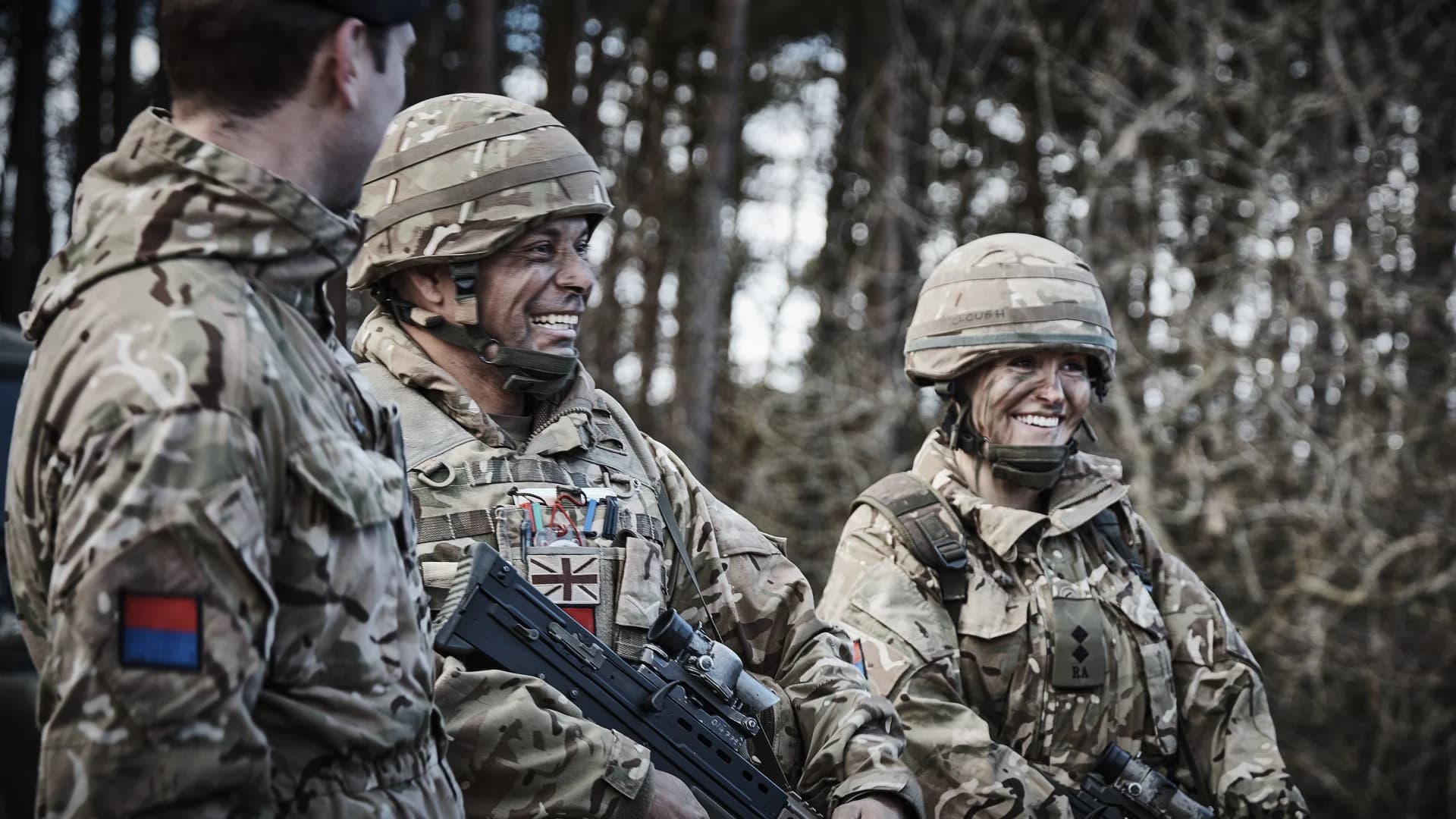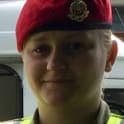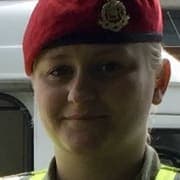
What does a typical day entail for an RMP Solider?

Additional information
Also how often do they do drill and/or parade?
Anonymous asked a question to Greg H.
Category: Day to Day
Date asked: Monday, September 9, 2019
Last reviewed: Tuesday, May 26, 2020

Greg H.
Royal Military Police NCO
Hello and thank you for the question.
A typical day in the life of a member of the RMP can vary greatly as we have a number of specialist qualifications within our trade. It will also vary depending whether or not a person is on policing duties, training / exercise or preparing to deploy. Also, because when we are on policing duties we work a shift pattern, each day can be very different. What I will do though is explain the typical shift rotation in the life of an RMP soldier.
Each shift has an Orderly Sergeant. This is usually a Corporal or a Sergeant and in essence they are the shift commander. They report directly to the Orderly Officer who is usually a Warrant Officer or Commissioned Officer who will be on call 24 hours a day. The Orderly Sergeant is responsible for making all real time decisions on what is happening and is there to advise members of their shift. This is a role for someone who is very experienced at policing. Because of what they are doing, it is unusual for the Orderly Sergeant to leave the police station.
Someone from the shift will be nominated as the desk NCO. Basically that means they are responsible for answering the telephone, creating and maintaining logs on our reporting system, and preparing case files as required. They answer directly to the Orderly Sergeant.
All other people on shift will either be on patrol in marked vehicles or on foot, or will be conducting investigations, interviews or case file management. We will not normally send people out single crewed unless it is to support a patrol that is already attending to something. Our patrols carry Airwave Radio, extendable baton and rigid cuffs. They are all trained in arrest and restraint techniques.
What happens throughout the day will vary greatly depending on what has happened. We are both proactive (i.e. high visibility patrols, crime reduction advice, etc.) and reactive (responding to reports as they happen).
Day 1 - On duty from 0700 - 1900 hrs.
Parade at 0630 hrs ready to take over the police station, vehicles and equipment. Desk NCO takes over the police station whilst the patrols check the vehicles. The Orderly Sergeant will receive a full report on what has happened since they were last on duty.
1800 hrs - Desk NCO starts to prepare the police station for handover. Patrols begin to return to the police station from whatever tasks they were doing.
Day 2 - repeat of day 1.
Day 3 - On duty from 1900 - 0700 hrs.
Parade at 1830 hrs ready to take over the police station, vehicles and equipment. Desk NCO takes over the police station whilst the patrols check the vehicles. The Orderly Sergeant will receive a full report on what has happened since they were last on duty.
0600 hrs - Desk NCO starts to prepare the police station for handover. Patrols begin to return to the police station from whatever tasks they were doing.
Day 4 - repeat of day 3.
Day 5 - Rest day. (Bearing in mind that you will have finished a night duty at 0700 hrs that morning)
Day 6 - Rest day.
Day 7 - Rest day.
Day 8 - Investigations and case file management.
And the shift rotation starts again.
I hope that answers your typical day question.
As for drill and parades, we will always parade at the Remembrance Day parade each year and some locations have what we call muster parades each week. This is just to make sure people have returned from leave, etc. So to answer your question, no, once you are out of training there is very little requirement for drill or parade.
Hopefully this all cover what you are asking for, if not I will give more detail or information where I can.
Greg
Tuesday, September 10, 2019
Newlyn U.
Cheers Greg, that was very helpful and useful to anyone considering joining
Tuesday, May 26, 2020
This discussion is closed, so no new comments can be added.